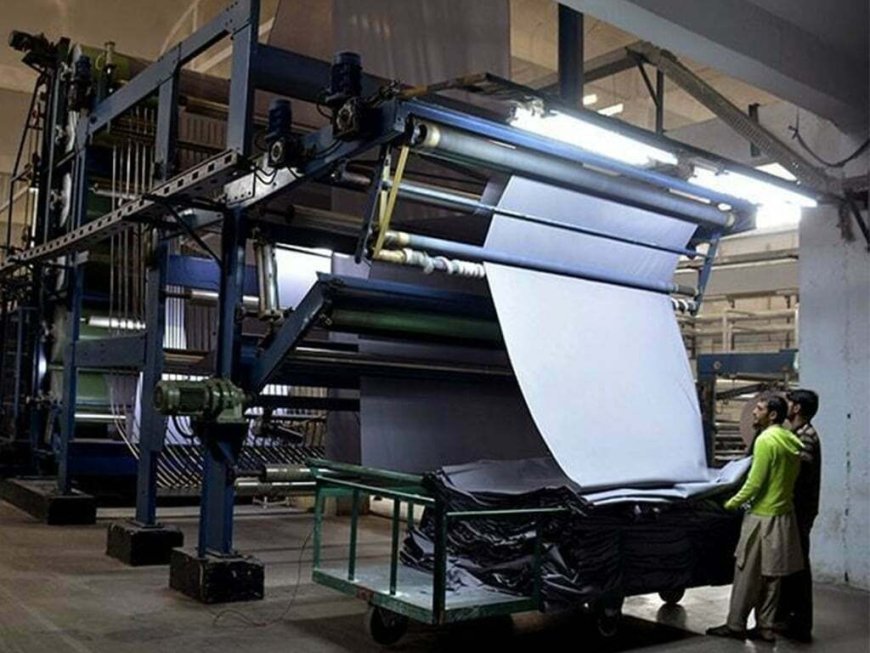Textile Sector Demands Budget Promises Be Fulfilled
Pakistan's textile industry urges the govt to honor budget pledges, fix tax issues, and reduce energy costs to save exports, jobs, and economic growth.

Pakistan’s textile industry is facing a serious crisis, and its leaders are urging the government to take immediate action. They believe that if promises made in the federal budget 2025–26 are not fulfilled, the entire sector could suffer badly.
Several associations, including APTMA (All Pakistan Textile Mills Association), PTEA (Pakistan Textile Exporters Association), and PHMA (Pakistan Hosiery Manufacturers Association), are warning the government that the recent policy changes are hurting exports, reducing production, and making it difficult for businesses to survive.
One of their biggest concerns is about the Export Facilitation Scheme (EFS). This scheme was introduced to make it easier for exporters to get raw materials without extra taxes. But recent changes have made it harder to use. Now, exporters can only keep inputs for 9 months, which isn’t enough time for large orders. On top of that, the limit for rejected or returned goods has been reduced, and the paperwork has increased. These changes are especially damaging for SMEs (Small and Medium Enterprises).
Exporters are also asking the government to fix the tax system. Right now, taxes are being charged twice — once by the banks and again by the government. This is making it more expensive to do business. They are requesting a return to the old system, where only one final tax was paid, which helped them manage costs more easily.
Another major issue is the delay in tax refunds. The government owes exporters over Rs329 billion in sales tax and income tax refunds. Without this money, companies are struggling to pay workers, buy materials, and complete orders. This delay is affecting their ability to meet deadlines, especially for international clients.
Energy costs are also a big problem. Gas and electricity prices for industries have gone up too much. Textile factories want competitive rates, like 9 cents per unit for electricity and $9 per unit for gas. Right now, the cost is much higher, and it’s eating into their profits. Some factories have even shut down because they cannot afford to operate.
Exporters are also asking to be allowed to import their own gas (LNG). This would help them avoid high prices and supply shortages. They also want the government to remove cross-subsidies, which means industrial users pay more to cover costs for other sectors. They say it’s unfair and makes Pakistan’s products expensive in the global market.
The Pakistan Business Forum is also supporting these demands. They are asking for a reduction in GST (General Sales Tax) on local yarn and fabric. At the moment, imported materials are tax-free, but local materials are taxed at 18%. This has created an imbalance. Many businesses are importing cheap cloth instead of buying locally, which is hurting local mills and cotton farmers.
Industry leaders warn that if these issues are not resolved quickly, there could be massive job losses. The textile sector is one of the largest employers in Pakistan and contributes more than 50% of the country’s export revenue. If it continues to suffer, Pakistan’s economy could face serious trouble.
They are asking for urgent meetings with the finance and commerce ministries to share their concerns. Their message is clear: support the textile industry, or risk a major decline in exports, employment, and economic growth.
For more updates, visit NationBytes.pk.

 Israr Ahmed
Israr Ahmed